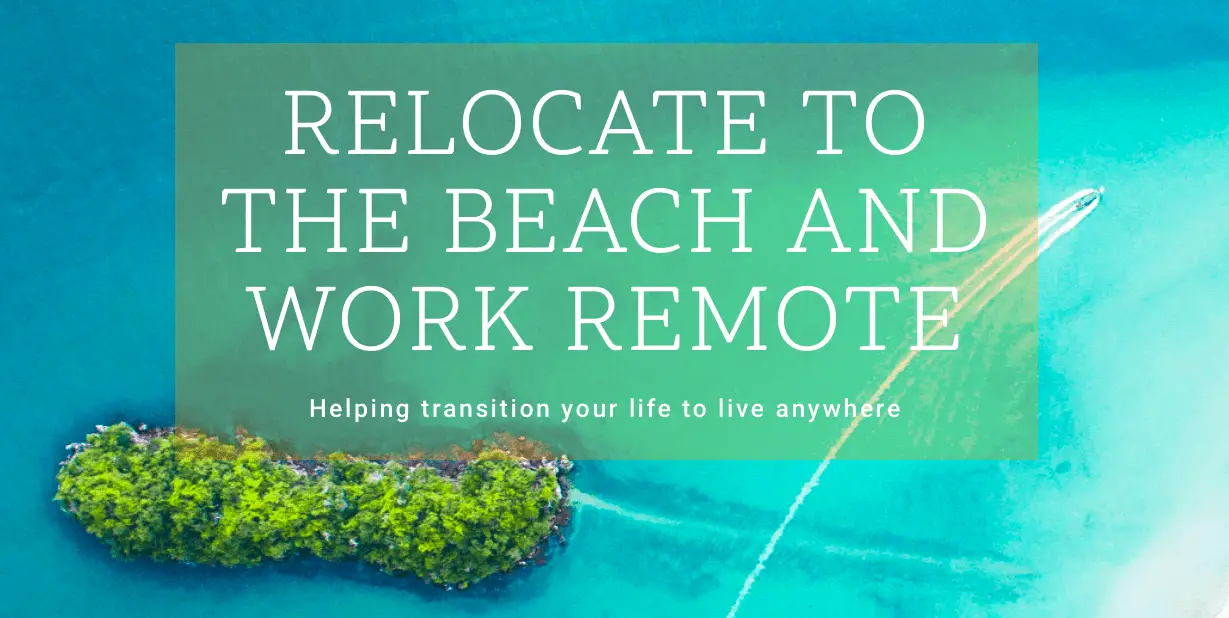Allowing brands of alcoholic beverages to sponsor sports events is of concern to the World Health Organization (WHO) and the Pan American Health Organization (PAHO). Through a letter sent in July 2020, addressed to Eduardo Cruickshank, president of the Legislative Assembly, María Dolores Perez, PAHO / WHO representative in Costa Rica, indicates that reforming the law would go against the international mandates agreed by the country in the control of non-communicable diseases. WHO affirms that it goes against all the scientific evidence available internationally and the aforementioned mandates agreed by the country at the international level.
The “Global Strategy to Reduce the Harmful Use of Alcohol”, adopted by consensus by all WHO Member States in 2010, as well as the PAHO Strategy for the Prevention and Control of NCDs of 2011, includes recommendations for the restriction of alcohol, including hours, days, locations and population density for the points of sale.
- A Person is Reinfected with a Mutated Strain of the Coronavirus Four Months after Recovering from It
“Minors who go to stadiums with their parents would also be exposed to the promotion of alcohol consumption as part of entertainment, which is not desirable because it tends to normalize their consumption, which is not adequate in any case and a lot less in minors; the availability for sale is also considered a form of marketing of alcohol”, says the WHO representative in the letter.
“There is ample scientific evidence of the relationship between exposure to advertising and consumption in children and adolescents, as the current trend shows. Soccer is the preferred sport of young people in Latin America and the example of Costa Rica of not allowing alcohol brands sponsoring sports is a model to be followed by other countries in the region, a reason for the concern that we express to take into account in the Assembly’s deliberations”, she adds. This bill has already passed the Commission and is ready to be voted on in plenary.

